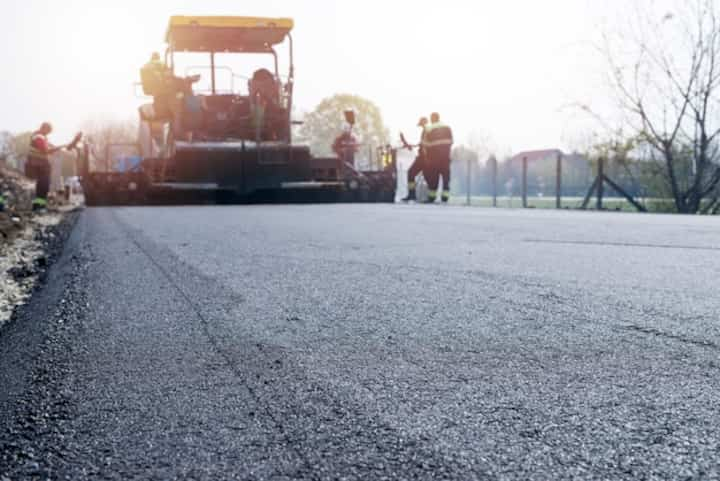
Expert Guide to Asphalt Driveway Sealing Everything You Need to Know
Sealing an asphalt driveway is a crucial maintenance task that can prolong the lifespan of the surface and enhance its appearance. Over time, exposure to weather conditions, traffic, and other environmental factors can lead to cracks and deterioration. Proper sealing not only protects the driveway but also saves on potential costly repairs. This expert guide provides you with comprehensive information on the process, benefits, and considerations of asphalt driveway sealing.
Understanding Asphalt Driveway Sealing
Asphalt driveway sealing is the application of a protective coating over the asphalt surface. This coating serves as a barrier against moisture, oils, UV rays, and other elements that can cause damage. Sealing helps to maintain the sleek, black appearance of asphalt and improves its durability.
Benefits of Sealing an Asphalt Driveway
- Protection from Elements: Sealing protects the driveway from water, sun, and chemical spills, preventing cracks and potholes.
- Enhanced Appearance: A freshly sealed driveway looks new and adds curb appeal to your property.
- Cost-Effective Maintenance: Regular sealing can prevent expensive repairs and extend the life of the driveway.
- Increased Durability: Sealed asphalt is more resilient to wear and tear, ensuring a long-lasting surface.
Learn more in this detailed guide on the benefits of sealing your driveway (https://www.asphaltgreenwood.com/asphalt-paving/).
When to Seal Your Driveway
Timing is essential when it comes to sealing an asphalt driveway. Ideally, a new asphalt surface should be sealed after it has cured for 6-12 months. For existing driveways, it is recommended to seal every 2-3 years, depending on the condition and exposure to the elements.
Explore further insights here on the optimal timing for sealing (https://www.asphaltgreenwood.com/asphalt-paving/).
Steps to Seal an Asphalt Driveway
Sealing an asphalt driveway involves several steps to ensure a smooth and effective application. Here is a general outline of the process:
Preparation
- Clean the Surface: Remove all debris, dirt, and stains from the driveway. Use a pressure washer for thorough cleaning.
- Repair Cracks: Fill any cracks or potholes with asphalt patch products. Allow the material to cure completely.
- Check the Weather: Ensure that the weather is dry, and the temperature is above 50°F for at least 24-48 hours after application.
Application
- Mix the Sealer: Stir the sealer thoroughly to ensure even consistency.
- Apply the Sealer: Use a squeegee or brush to spread the sealer evenly across the driveway, starting from the highest point.
- Allow to Dry: Let the sealer dry for at least 24-48 hours before using the driveway.
Find additional information here on the detailed steps involved in sealing (https://www.asphaltgreenwood.com/asphalt-paving/).
Considerations and Tips
- Quality of Sealer: Choose a high-quality sealer that offers long-lasting protection.
- Climate and Weather Conditions: Avoid sealing in high humidity or if rain is expected within 24 hours.
- Professional Assistance: Consider hiring professionals for large driveways or if you lack the necessary equipment.
Read more about this topic for professional tips and advice (https://www.asphaltgreenwood.com/asphalt-paving/).
Conclusion
Asphalt driveway sealing is an essential maintenance practice that ensures the longevity and aesthetic appeal of your driveway. By understanding the process, timing, and considerations, you can protect your investment and enhance your property's value. Whether you choose to do it yourself or hire professionals, sealing your driveway will provide a durable and attractive surface for years to come.